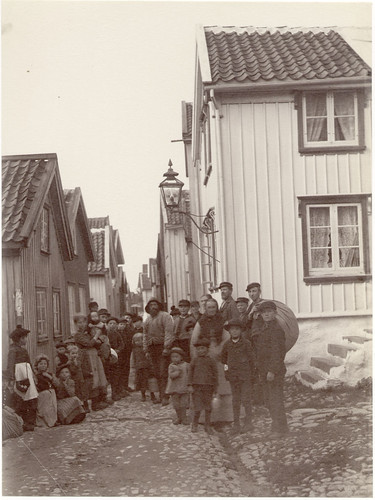Technollama has written a piece critiquing the sharing economy The sharing economy is anything but where he points out that sharing isn’t really what is happening in most cases. We are trading goods for cash and a middleman is taking a cut. Also the great profitability often comes from the dismantling of protections which have been put into place in order to protect either the consumer, the industry or wider social interests.
He closes his post with
A true decentralised model would connect users and providers without an intermediary, probably by the existence of nodes and connectors, much in the way in which truly decentralised services operate. Couchsurfing is closer to the ideal sharing economy, where people offer a space for free., while BeWelcome is a true Airbnb alternative that is peer-to-peer and open, without nodes and using open source software. I find all of these services much more interesting than the headlines, because their disruption is not a libertarian ruse to bypass regulation, but it is a true sign of decentralisation and openness.
This isn’t a pipe
Aside from ignoring regulations (often put in place to ensure a common good) many of these services are circumventing sales taxes, income taxes and licensing laws. Some are creating unfair advantages and harming legitimate businesses which pay taxes and employ people. So we should be more careful when praising this new thing and also more vigilant in observing the true costs to individuals, organizations and society.
The costs of other people “sharing” will be carried by us all, it will make the middlemen wealthy and probably not really be all that great for those who “work” in this industry.


